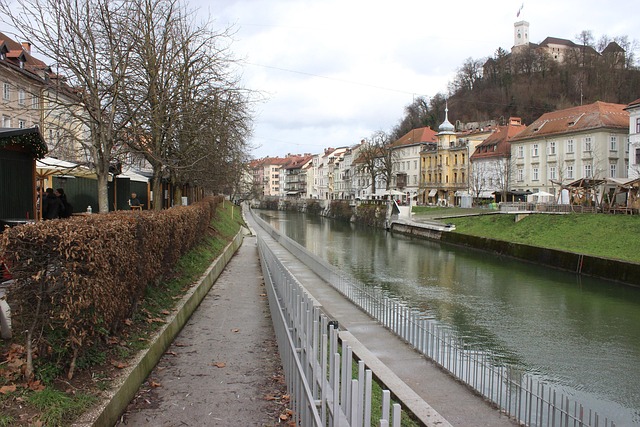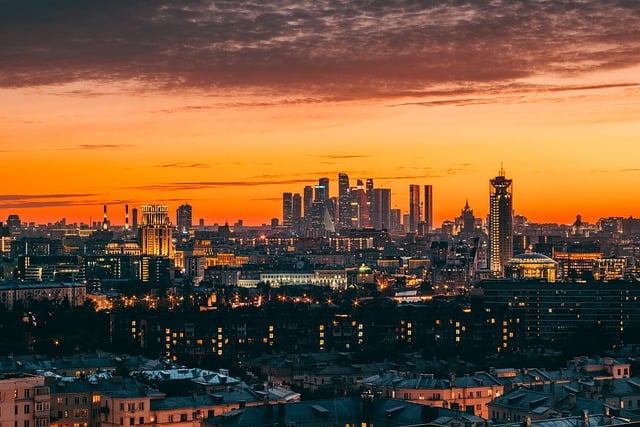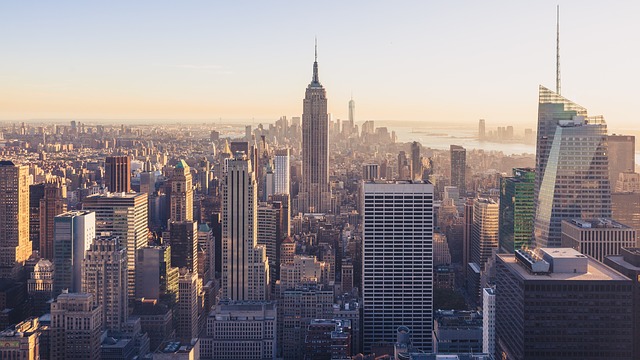Karachi, Pakistan's economic hub, grapples with unique waste management issues due to high population density and rapid urbanization, leading to significant daily solid waste generation. The city is actively improving systems through recycling programs, street cleaning, modern landfills, and advanced technologies to enhance environmental sustainability and public health. Despite challenges along central arteries like Shaheed Millat Road, collaborative efforts involving local authorities, community organizations, and residents are crucial for implementing sustainable solutions, fostering a cleaner and more eco-conscious Karachi.
In Karachi, efficient waste management is crucial for a healthy and sustainable city. This article delves into the intricacies of waste handling near Shaheed Millat Road, one of the bustling areas in the metropolis. We explore the unique challenges posed by the road’s location, impacting local waste disposal methods. By examining current practices and highlighting innovative solutions, we advocate for community engagement as a key driver of sustainable change in Karachi’s waste management landscape.
- Understanding Waste Management in Karachi: A Brief Overview
- Shaheed Millat Road: Location and Its Impact on Local Waste Disposal
- Current Challenges in Waste Collection and Recycling in the Area
- Innovative Solutions for Improved Waste Management Practices
- Community Engagement: A Pathway to Sustainable Change
Understanding Waste Management in Karachi: A Brief Overview

Karachi, Pakistan’s economic hub, presents unique challenges when it comes to waste management due to its dense population and rapid urbanization. The city generates a significant volume of solid waste daily, primarily consisting of household, commercial, and industrial debris. This waste management scenario demands a strategic approach to ensure environmental sustainability and public health.
The government and various organizations in Karachi have been actively working towards improving waste collection and disposal systems. These efforts include implementing efficient recycling programs, promoting street cleaning initiatives, and establishing modern landfills. The goal is to minimize the environmental impact of waste and create a cleaner, healthier living space for its residents. In this context, effective waste management near areas like Shaheed Millat Road not only contributes to Karachi’s overall sanitation but also plays a vital role in preserving the city’s vibrant and dynamic character.
Shaheed Millat Road: Location and Its Impact on Local Waste Disposal

Shaheed Millat Road, a significant thoroughfare in Karachi, cuts through the heart of the city’s bustling commercial districts. Its strategic location connects various vital areas, making it a central hub for trade and commerce. However, this convenience comes with challenges, particularly when it comes to waste management. The road’s density contributes to an increased volume of solid waste generated daily, highlighting the need for efficient disposal systems.
The impact of Shaheed Millat Road on local waste disposal is profound. With a high concentration of businesses and residents, the road becomes a focal point for waste generation. Effective management involves implementing tailored strategies to cope with this challenge. Karachi, known for its vibrant yet labyrinthine urban landscape, demands innovative solutions to ensure that waste from this bustling road does not become a remnant of unsanitary conditions.
Current Challenges in Waste Collection and Recycling in the Area

The bustling streets and vibrant markets of Karachi, particularly along Shaheed Millat Road, present a unique set of challenges for waste management. Despite efforts to enhance recycling initiatives, the area still grapples with inefficient collection systems, leading to overflowing dumpsters and illegal dumping sites that mar the city’s landscape. The primary hurdles include a lack of dedicated waste collection routes, inadequate infrastructure, and limited access to recycling facilities.
These issues are exacerbated by Karachi’s rapid urbanization and growing population, which puts immense pressure on existing waste management services. As a result, residents often face difficulties in timely waste removal, prompting some to resort to unsanitary disposal methods. Addressing these challenges requires collaborative efforts from local authorities, community organizations, and residents to implement sustainable solutions that transform the current scenario into a cleaner, more environmentally conscious future for Karachi.
Innovative Solutions for Improved Waste Management Practices

In the bustling metropolis of Karachi, efficient waste management is a constant challenge, especially in areas like Shaheed Millat Road. However, innovative solutions are emerging to improve practices and keep pace with the city’s growth. One such solution is the implementation of advanced recycling technologies that can break down various types of waste into reusable materials. These technologies not only reduce the volume of waste but also create new opportunities for revenue generation through recycled products.
Additionally, community engagement and education play a pivotal role in enhancing waste management. Encouraging residents to adopt responsible practices, such as segregating organic and non-biodegradable waste, can significantly improve collection efficiency. Karachi’s diverse cultural fabric offers an opportunity to tailor waste management strategies to different communities, ensuring better compliance and overall sustainability.
Community Engagement: A Pathway to Sustainable Change

In the vibrant city of Karachi, where bustling streets and diverse communities intertwine, sustainable waste management is not just an environmental imperative but a shared responsibility. Engaging the local community near Shaheed Millat Road is a pivotal strategy to drive positive change. By fostering open dialogue and education, residents can be empowered to adopt eco-friendly practices in their daily lives, from proper segregation of recyclables to responsible disposal of non-biodegradable waste.
Community initiatives have proven to be effective game changers in Karachi’s waste management landscape. Local groups organized clean-up drives along the road and surrounding areas, not only improving aesthetics but also raising awareness about the impact of littering on local ecosystems and public health. These efforts create a collective consciousness, encouraging folks to take ownership of their environmental footprint. Through workshops, social media campaigns, and community meetings, residents can learn about recycling techniques, composting methods, and the importance of reducing waste at its source, ultimately contributing to a cleaner and more sustainable Karachi.
In conclusion, effective waste management near Shaheed Millat Road, Karachi, requires a multifaceted approach. By understanding the local context and engaging the community, we can overcome current challenges in collection and recycling. Innovative solutions, such as improved infrastructure and technology, combined with sustainable practices, offer hope for a cleaner, healthier future for this vibrant part of Karachi. Through collaborative efforts, it’s possible to transform waste into resources and create a positive impact on the environment and the lives of its residents.
